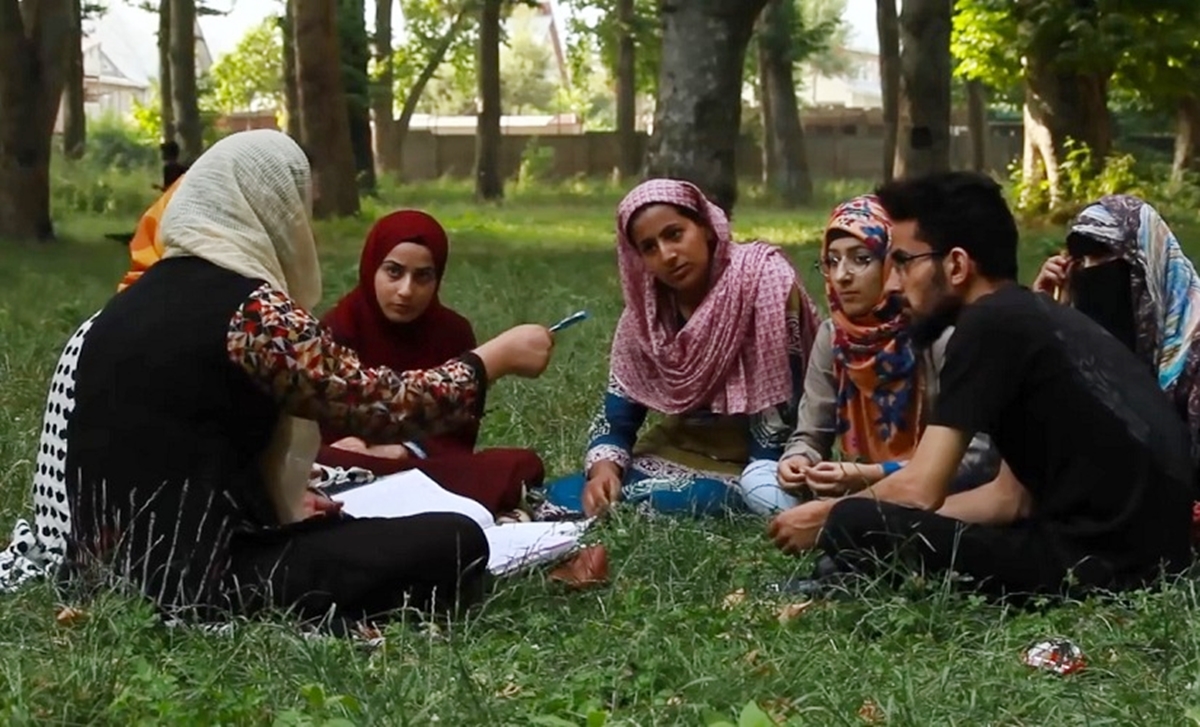Posted by Aanchal Gupta and Pranjali Das Women are embracing financial literacy and independence today than ever before. Most of…
Login to Read!
This content is restricted to site members. If you are an existing user, please log in below. Or you can can create an account here.

